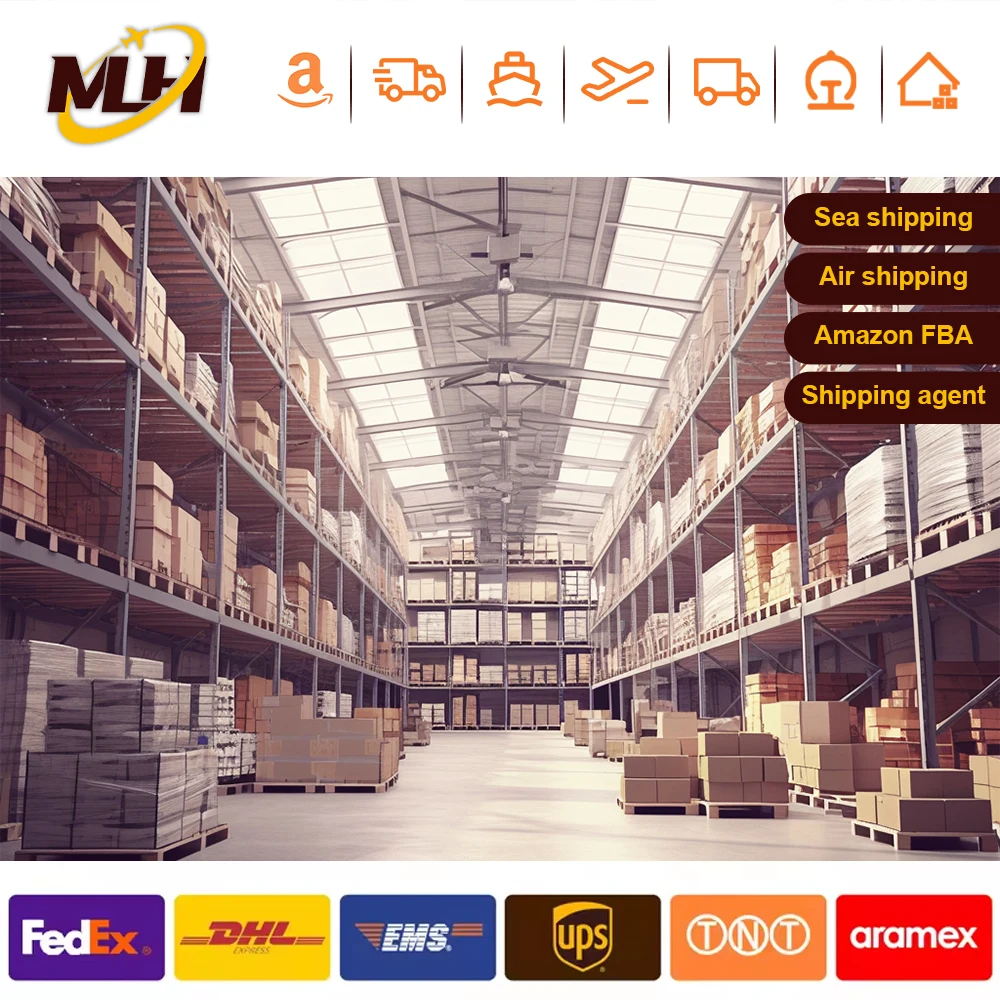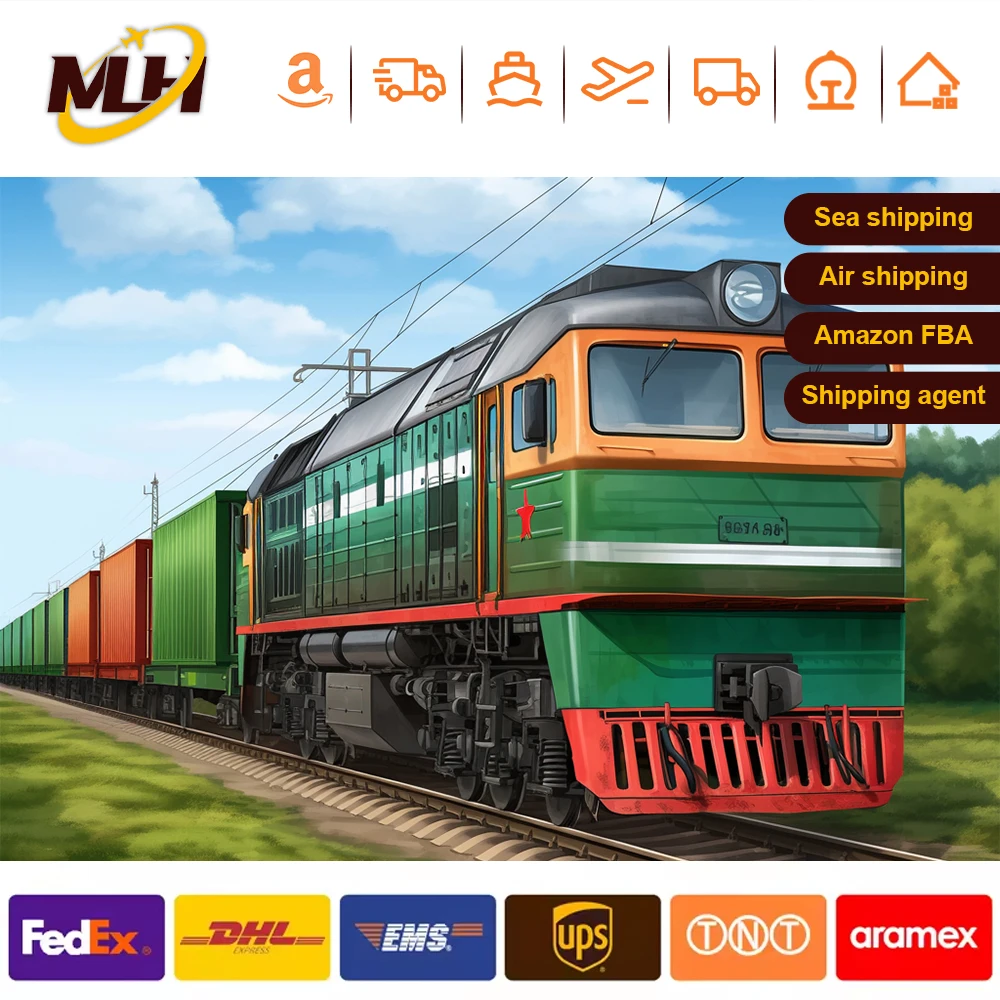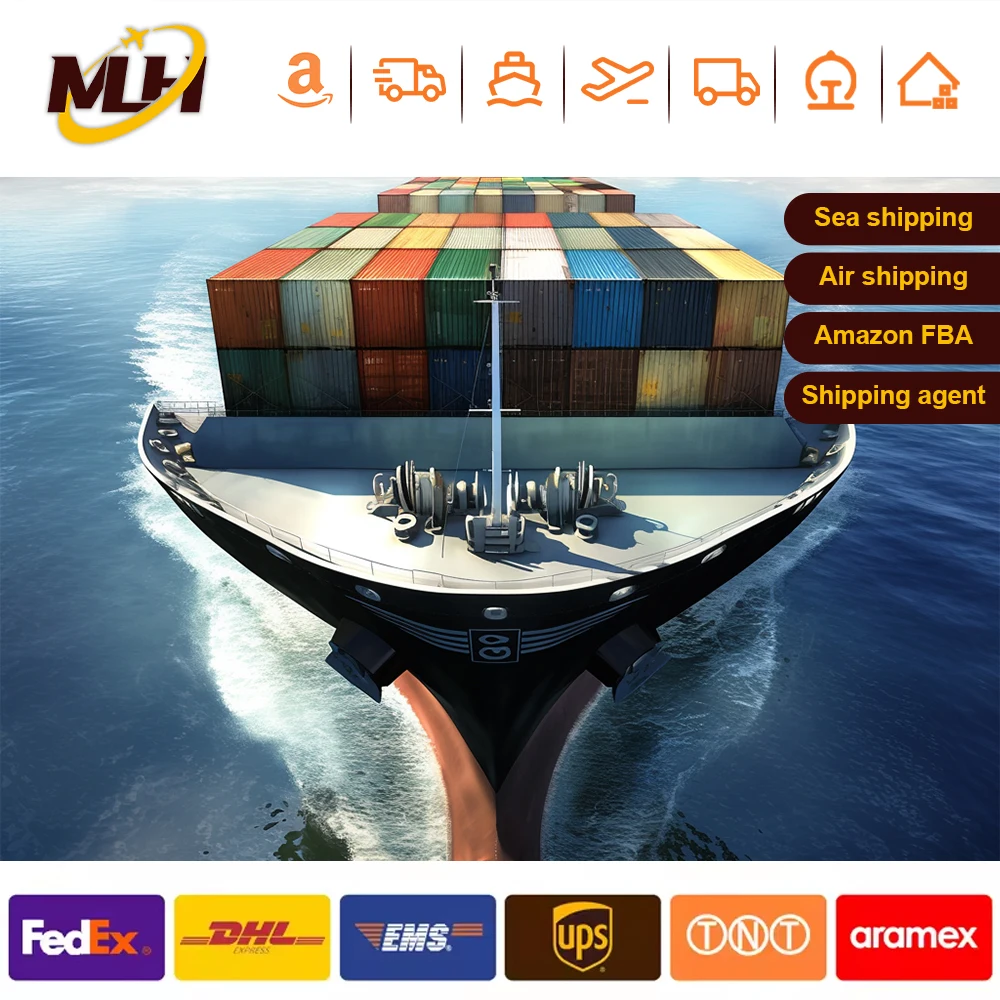Transporting specialized cargo such as perishables, hazardous materials, and oversized items involves unique challenges. These types of cargo often demand specific conditions to ensure safety and prevent damage during transit. For example, perishables require temperature-controlled environments, while hazardous materials necessitate adherence to stringent safety protocols. Oversized items, on the other hand, require careful planning in loading and unloading. Proper packaging plays a crucial role in safeguarding these goods. Packaging must be sturdy enough to protect against physical damage and tamper-proof to deter unauthorized access, especially for valuable or sensitive items. Ensuring adequate solutions for loading, unloading, and handling techniques is essential to accommodate the distinct needs of specialized cargo. This tailored approach helps in maintaining the integrity of the shipment from start to finish.
Sensitive shipments are governed by a complex web of regulations aimed at ensuring environmental and safety standards. These regulations differ based on cargo type and destination, highlighting the need for meticulous documentation and certifications. Non-compliance can lead to severe consequences such as hefty fines and delays in shipments. Statistics from the industry underscore these penalties, with reports indicating annual losses reaching millions due to compliance failures. Therefore, maintaining robust documentation is crucial, as it provides proof of adherence to regulations and facilitates smoother customs processes. The variations in documentation requirements across different countries and cargo types necessitate a thorough understanding of international laws. This ensures legal shipping practices, safeguarding businesses from potential liabilities while optimizing transit times.
Smart container technology, equipped with IoT capabilities, is revolutionizing international air freight by providing real-time monitoring of conditions such as temperature and humidity. These smart containers significantly enhance efficiency, reduce loss, and improve logistics transparency. For instance, pharmaceutical shipments benefit from monitoring systems that trigger alerts for temperature fluctuations, maintaining the integrity of sensitive drugs. The financial advantages are notable, with cost savings reported across various industries due to reduced spoilage and improved handling accuracy.
Delivered Duty Paid (DDP) shipping is a crucial protocol for businesses looking to streamline cross-border transactions. This method offers advantages like minimizing delivery times and simplifying compliance for freight forwarders. Statistics have shown that DDP can reduce transit times considerably by ensuring smoother customs processes. Best practices for DDP involve maintaining precise and accurate customs documentation to avoid potential delays or penalties, ensuring a hassle-free experience for all parties involved.
Real-time tracking systems have become an essential tool for businesses in international freight shipping, allowing for enhanced monitoring of shipments, reducing delays, and increasing customer satisfaction. Evidence shows that improved tracking contributes significantly to logistics efficiency, offering operational transparency that is crucial in today's dynamic environment. Recent advancements in mobile applications for tracking provide constant access to shipment updates, enabling timely interventions if issues arise, and offering peace of mind to stakeholders.
Integrated door-to-door services through reputable freight forwarders like DHL and FedEx offer unmatched convenience and reliability. These services streamline transportation tasks by providing cohesive management from the point of origin to the destination, effectively minimizing complications such as scheduling conflicts and shipment delays. For instance, customer case studies have shown significant efficiency improvements; businesses report up to 30% reduction in lead times when opting for coordinated logistics solutions offered by these major freight companies. Choosing the right agent is critical, as their expertise directly impacts the specialized freight handling—ensuring safe and timely deliveries. Selecting DHL and FedEx stands as a strategic decision to enhance service quality by leveraging their advanced technological support and vast logistics networks.
DDP services tailored for diplomatic cargo in the Middle East ensure smooth and compliant deliveries, addressing the unique challenges associated with sensitive diplomatic materials. These services provide advantages such as expedited clearance and lower risk of customs headaches, making them invaluable for diplomatic missions and international entities. Statistical evidence highlights efficiency gains, with diplomatic shipments experiencing up to 40% faster delivery times due to specialized freight services. Legal nuances are critical when transporting diplomatic cargo, requiring a deep understanding of international regulations to prevent any operational missteps. Through meticulous coordination, these services ensure diplomatic shipments meet all necessary compliance standards.

Railway DDP and DDU solutions are increasingly vital for minimizing transit times within European Amazon Fulfillment networks by ensuring efficient customs clearance processes. Rail freight is an economical alternative, offering substantial cost savings compared to traditional air or road transport. In recent years, evidence shows rising demand for rail solutions within e-commerce logistics, particularly noted for their speed and reliability, meeting the growing expectations of consumers and businesses alike. By leveraging specialized railway systems, businesses can benefit from faster delivery cycles, ultimately enhancing operational effectiveness and customer satisfaction in the e-commerce sector.

Navigating the complexities of Trans-Pacific sea freight requires robust customs expertise and management skills to prevent costly delays. Successful freight strategies rely heavily on understanding customs regulations and implementing practices to adeptly handle compliance issues, safeguarding shipments against unforeseen interruptions. Data points reveal that average delays can be reduced by up to 50%, highlighting the immense value of specialized knowledge within this domain. Proactive measures and strategic planning are key to mitigating these challenges, ensuring that sea freight operations run smoothly across regions.

Freight forwarders play a crucial role in international logistics by managing multi-country customs clearance networks, ensuring faster processing and error reduction. These established networks allow for seamless navigation through complex customs procedures across various countries, significantly reducing wait times and potential complications. By leveraging the expertise of reputable freight forwarders, businesses can achieve compliance advantages, minimizing risks and ensuring timely deliveries.
Several case studies demonstrate the success of freight forwarders in international logistics management. For instance, a logistics report highlighted how partnerships with seasoned forwarders led to a 60% reduction in customs clearance times for a multinational corporation. This success exemplifies the importance of selecting capable freight forwarders with robust networks to optimize global supply chain operations.
Container consolidation is an effective strategy employed by logistics companies to optimize shipping costs for specialized cargo. By combining multiple shipments into a single container, businesses can maximize space utilization, thus reducing overall shipping expenses. This method allows companies to ship more efficiently and cost-effectively by sharing transport costs, leveraging economies of scale.
Logistics companies employ strategies such as advanced booking systems and predictive analytics to optimize container space usage. Industry reports suggest that effective container consolidation can lead to significant cost savings; some businesses have reported up to 25% reductions in shipping costs. This evidence supports the importance of container consolidation in cost optimization, making it a preferred choice for businesses looking to streamline their logistics expenses.
When it comes to optimizing shipping container costs, businesses often find themselves balancing between the importance of speed and budget. During urgent situations, paying a premium for faster shipping might be justified, even if it significantly increases costs. However, for less time-sensitive shipments, companies must carefully evaluate whether the faster delivery is worth the expense. Numerous surveys illustrate that customer preferences can vary; some prioritize cost-effectiveness, while others lean towards speed for competitive advantage. Having access to tools and methods that allow for an in-depth analysis of shipping options becomes crucial here. Solutions like transportation management systems (TMS) can simulate various scenarios, helping businesses to align their logistics strategies with their financial goals by offering insights into shipping alternatives and cost implications.
Effective shipping strategies are vital for oversized cargo, where bulk shipping emerges as a favored solution. Bulk shipping allows companies to transport large volumes at once, optimizing loading efficiencies and significantly reducing unit costs. Industry reports support this with data indicating cost reductions of up to 27% when employing bulk shipping tactics, largely due to the efficient use of transportation space. To gain these advantages, it is vital to prepare oversized cargo properly. Here are some practical tips:
1. Prioritize stability: Secure and stabilize the cargo using appropriate packing materials, such as heavy-duty straps and wooden supports.
2. Select the right vehicle: Choose transport options with reinforced floors and adequate space to accommodate dimensions and weight.
3. Efficient loading techniques: Use specialized handling equipment to ensure safe and efficient loading, thereby maximizing the use of space and minimizing transport costs.
Incorporating these strategies ensures businesses can manage oversized shipments effectively while maintaining cost efficiency.

